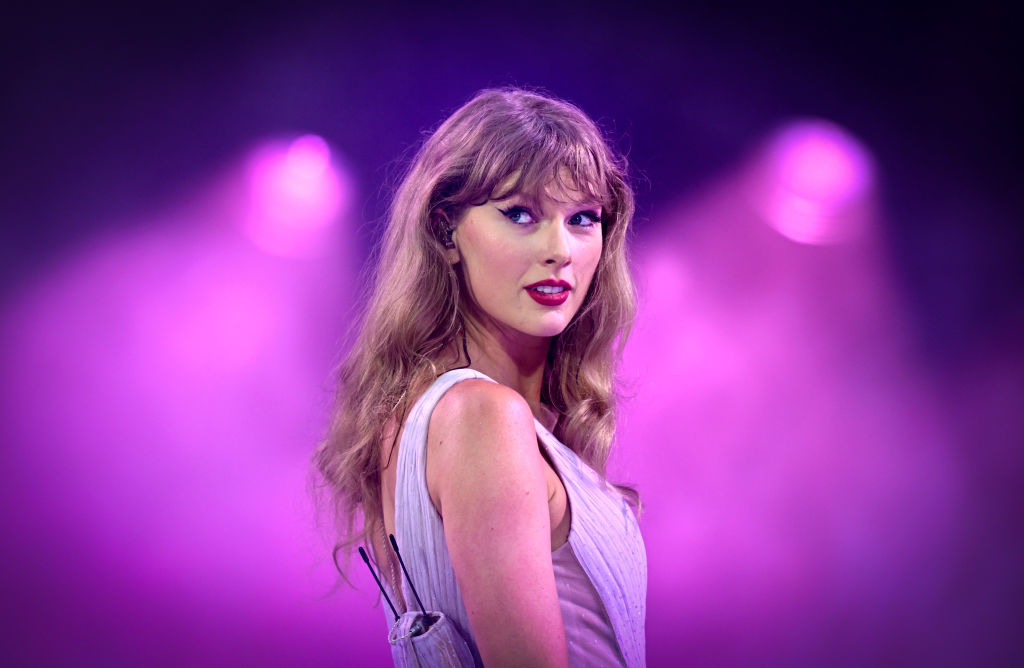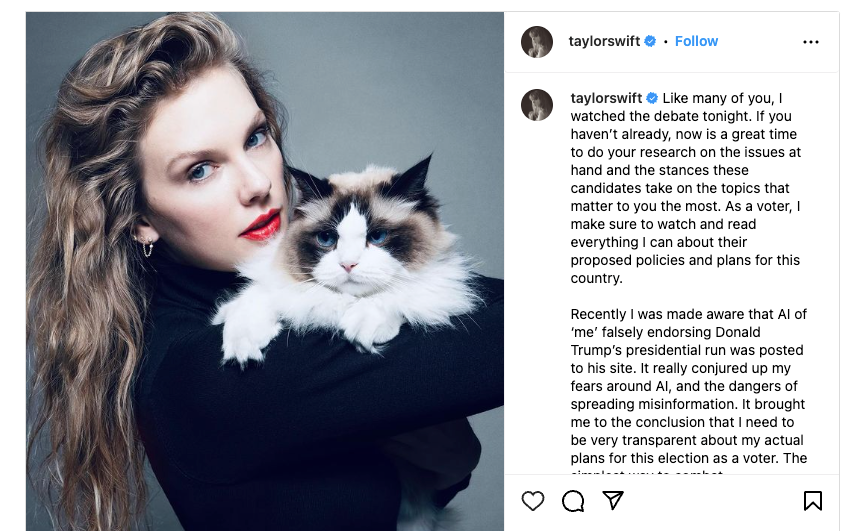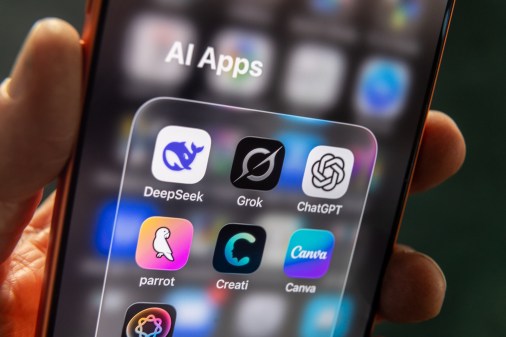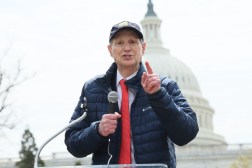Taylor Swift cites AI-generated images from Trump campaign in Harris endorsement

Taylor Swift said she would support Democratic Vice President Kamala Harris for president shortly after Tuesday night’s debate ended, taking a shot along the way at former president Donald Trump’s use of artificial intelligence and deepfake images to falsely claim that she was supporting his campaign.
“Recently I was made aware that AI of ‘me’ falsely endorsing Donald Trump’s presidential run was posted to his site,” Swift wrote in an Instagram post officially endorsing Harris. “It really conjured up my fears around AI, and the dangers of spreading misinformation.”

There was seemingly little doubt that Swift, who endorsed Joe Biden over Trump in 2020, would choose to back Harris this election cycle. But when Trump posted on Truth Social a series of AI-generated images of Swift endorsing his campaign while writing “I accept!”, the pop star phenom simply couldn’t shake it off.
“It brought me to the conclusion that I need to be very transparent about my actual plans for this election as a voter. The simplest way to combat misinformation is with the truth,” she continued.
Swift, one of the biggest musical artists in the world, has been targeted in multiple high-profile false schemes involving the use of deepfakes since the widespread emergence of generative AI tools over the past two years. In January, a series of AI-generated deepfakes depicting a nude Swift were shared on social media platforms like X and spread through the internet like wildfire, underscoring how the technology has been overwhelmingly used to sexually target women and highlighting how even someone as famous and powerful as Swift was not immune from being a victim.
The Trump posts also demonstrated how politicians and political campaigns are increasingly using deepfake imagery, sometimes with no disclosure, in what is still a largely patchwork and unregulated state legal landscape surrounding the use of AI in elections. The Federal Election Commission and the Federal Communications Commission have publicly sparred this year over who has the authority to regulate the use of AI in political advertisements, but neither is expected to finalize rules around the issue ahead of November’s election.






